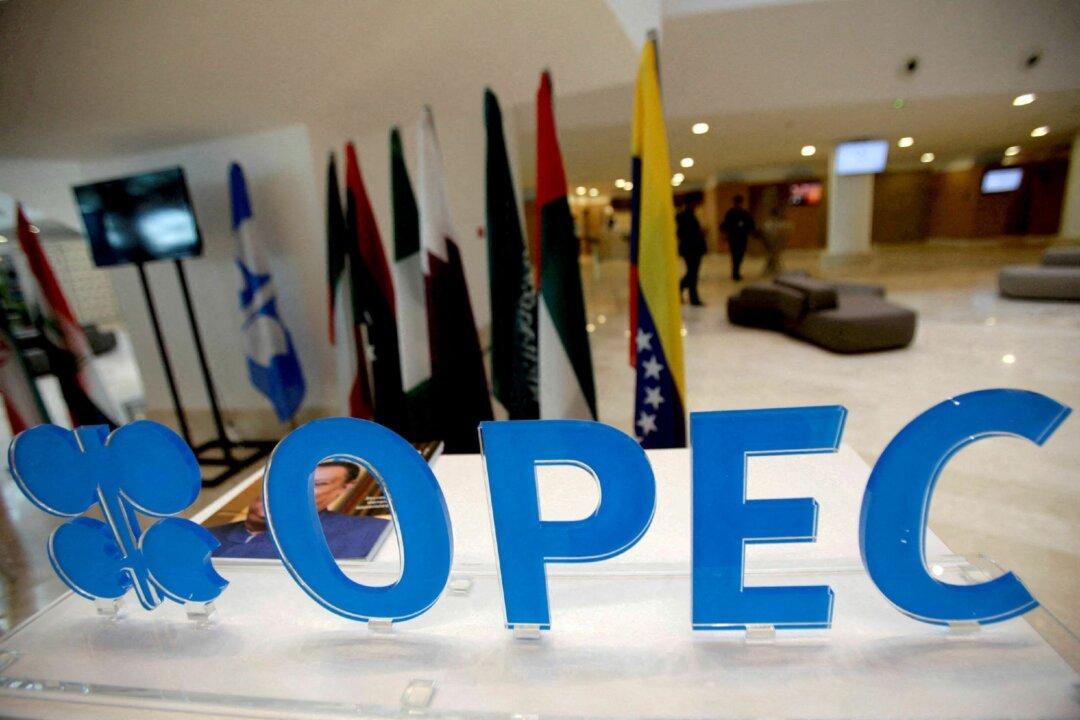Commentary
In an interview last week with Jake Tapper, President Joe Biden made veiled threats against the Kingdom of Saudi Arabia (KSA) as retaliation for OPEC’s cutback of 2 million barrels of oil per day.

In an interview last week with Jake Tapper, President Joe Biden made veiled threats against the Kingdom of Saudi Arabia (KSA) as retaliation for OPEC’s cutback of 2 million barrels of oil per day.